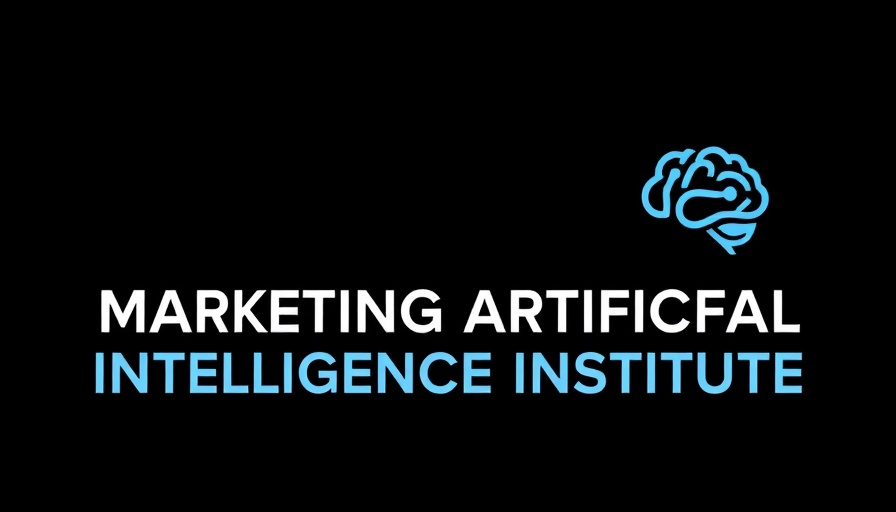
Understanding Differentially Private Partition Selection
In the era of artificial intelligence and extensive data sharing, the concept of differentially private partition selection is becoming paramount. It enables the sharing of enormous datasets while safeguarding individual users’ privacy. This innovative approach allows researchers to find and share unique items or patterns from large data collections without exposing any single individual’s data contributions. By adding controlled noise to the process, differentially private techniques ensure that the selected data remains meaningful while protecting those who contributed it.
The Power of Parallel Algorithms in Data Processing
When it comes to processing massive datasets, traditional sequential algorithms simply can't keep up. They analyze data in a linear fashion, which can be sluggish when dealing with hundreds of billions of records. Enter parallel algorithms. These powerful tools break down vast data tasks into smaller parts that can be tackled simultaneously across multiple machines. This method not only speeds up the processing time but also scales effectively, facilitating robust privacy provisions while maximizing the value of large datasets. The recent development of a parallel algorithm for DP partition selection is a significant leap forward, further proving that innovation in privacy can go hand-in-hand with the utility of data.
Implications for AI and Machine Learning
This novel DP partition selection methodology is a cornerstone for numerous applications in AI and machine learning. By enabling accurate extraction of useful data without compromising individual privacy, it enhances the AI learning platform landscape. Institutions can leverage this technology to implement more reliable data-driven solutions, which can propel AI innovation. The advancements also pave the way for AI professionals to hone their skills in a more secure environment, thus fostering an active AI community focused on responsible data use.
Collaboration and Open-source Development
In a bid to encourage further exploration and collaboration within the research community, the group behind this initiative has made their work accessible through an open-source repository on GitHub. This act exemplifies how sharing knowledge and tools can spur innovation and community building around AI education and resources. As AI continues to evolve, collective progress hinges on the ability to share and build upon each other’s discoveries safely.
Looking Ahead: The Future of Data Privacy in AI
As industries increasingly rely on data for decision-making, the importance of data privacy will only grow. The advancements outlined in the DP partition selection process highlight a significant shift toward addressing these concerns without sacrificing the benefits of large datasets. Organizations can now plan for the future of work with an enhanced focus on data security strategies that promote collaboration. With tools like these, we’re poised to reshape the AI landscape, emphasizing the importance of ethical considerations in AI development.
In conclusion, the exploration of differentially private techniques in partition selection not only paves the way for enhanced data sharing and collaboration but also sets a precedent for responsible AI innovation. Engaging in this conversation is essential for professionals interested in the intersection of AI, data privacy, and ethical considerations in technology development.
 Add Row
Add Row  Add
Add 





Write A Comment